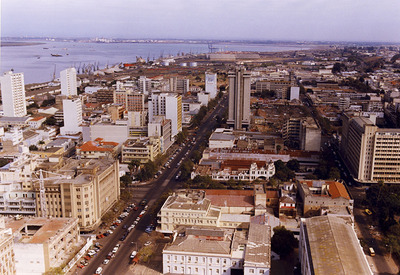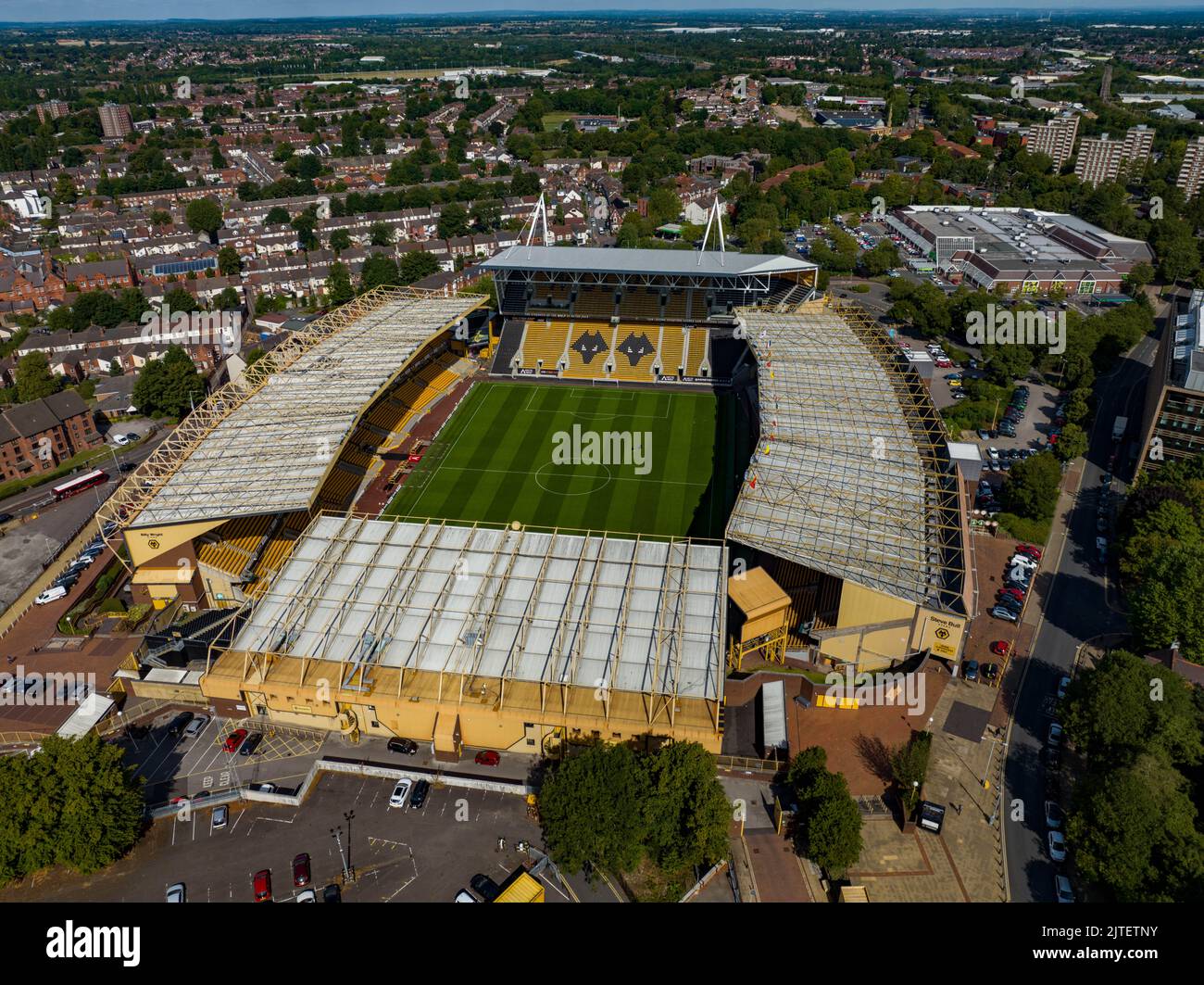
Introduction
Maputo, the capital city of Mozambique, is a vibrant and culturally rich metropolis situated along the coast of the Indian Ocean. Recognised for its unique blend of Portuguese colonial architecture, vibrant markets, and diverse local cuisine, Maputo plays a significant role not only in Mozambique’s economy but also in its cultural identity. As the country continues to develop, Maputo is becoming increasingly relevant in both the tourism sector and regional trade, making it a focal point for those interested in exploring Southern Africa.
Key Cultural Attractions
The city boasts several cultural and historical landmarks worth exploring. One of the most notable sites is the Maputo Railway Station, an architectural gem designed by Gustave Eiffel. The station is not just functional; it is a work of art that attracts both locals and tourists alike. The National Art Museum, located in a former colonial mansion, showcases a vast collection of Mozambican art that narrates the country’s rich history and traditions.
Furthermore, the bustling Mercado Municipal do Baixa offers a sensory overload with its colourful displays of fresh produce, spices, and handicrafts. This market is a testament to the local way of life and a perfect place for visitors to immerse themselves in the local culture.
Economic Significance
Maputo serves as the economic hub of Mozambique, contributing significantly to the nation’s GDP. With investments in infrastructure and access to the sea, the city is a strategic point for maritime trade in the Southern African region. In recent years, the government has focused on improving logistics and facilities to encourage foreign investment, which has rapidly developed the area. The emergence of modern amenities alongside traditional marketplaces highlights Maputo’s evolving landscape.
Tourism Growth
Tourism in Maputo is on the rise, with increasing numbers of visitors drawn to its rich history, hospitality, and natural beauty. Attractions such as the beautiful Maputo Bay and nearby natural reserves offer eco-tourism opportunities while promoting sustainability. Local hotels and restaurants are expanding in response to the growing tourist demand, ensuring that visitors experience the warmth and flavours of Mozambique during their stay.
Conclusion
In conclusion, Maputo is a city that promises an engaging blend of culture, history, and economic vibrancy, making it a compelling destination for both investors and tourists. As Mozambique continues to transition into a more prominent player in Southern Africa, the significance of Maputo is likely to grow even further. With an increasing focus on tourism and infrastructure development, the capital is set to play a crucial role in the country’s ongoing journey towards prosperity.
You may also like

Discovering the Beauty and Culture of Norway

Exploring Monmouth: History, Attractions and Community
